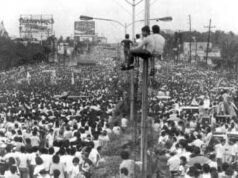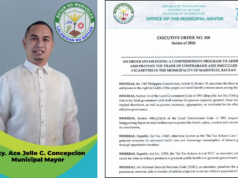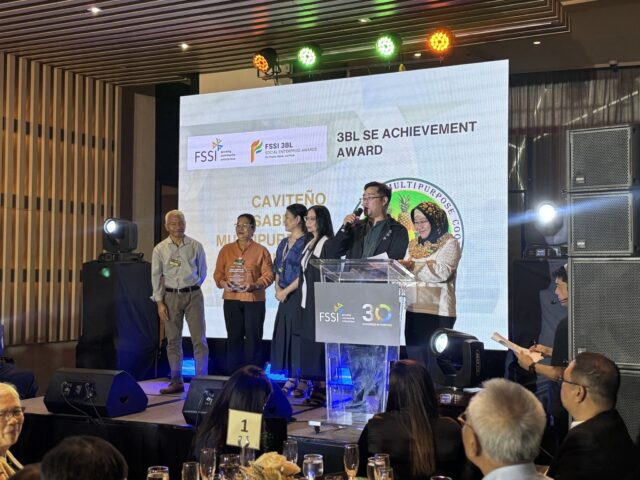
- Rural poverty in the Philippines affects 25.7% of the population, including many farmers and fisherfolk.
- Women-led social enterprises such as Caviteño Isabelino Multipurpose Cooperative and Lourdes Multipurpose Cooperative are creating sustainable livelihoods and driving values-based innovations in agriculture and cooperatives.
- Guided by the triple bottom line (3BL) framework of people, planet, and profit, the Foundation for a Sustainable Society, Inc. (FSSI), a social investment nonprofit, supports women-led enterprises in expanding services, scaling operations, and improving communities.
Manila, Philippines – As rural poverty continues to challenge agricultural communities in the Philippines, the Foundation for a Sustainable Society, Inc. (FSSI), a social investment nonprofit organization, is supporting women-led social enterprises that are driving inclusive and sustainable development. By providing financial services and capacity building opportunities, FSSI empowers Filipina entrepreneurs to transform rural economies through innovative, community-based business models that balance profit with social and environmental impact.
During its 30th anniversary celebration last September 5, 2025, in Quezon City, FSSI presented the inaugural Triple Bottomline (3BL) Awards to honor social enterprises—many led by women—that drive inclusive growth, climate resilience, and community-based innovation. The awards underscore the need to support local leadership in rural areas, where poverty remains high at 25.7%, and many farmers and fisherfolk still live below the poverty line, according to the Philippine Statistics Authority.
For some of the women leaders from rural multipurpose cooperatives, this persistent poverty is potentially driven by low farmgate prices, high production costs, recurring natural disasters, and limited access to markets and institutional support—even in years of productive harvests.
To confront these systemic issues, women-led social enterprises are filling critical gaps—creating sustainable livelihoods and introducing values-driven innovations in agri-processing, retail, and cooperative development. With support from FSSI, guided by the3BLstrategy that measures success by profit, social impact, and environmental responsibility, these enterprises receive tailored financing, technical assistance, and capacity-building to grow and scale their operations.
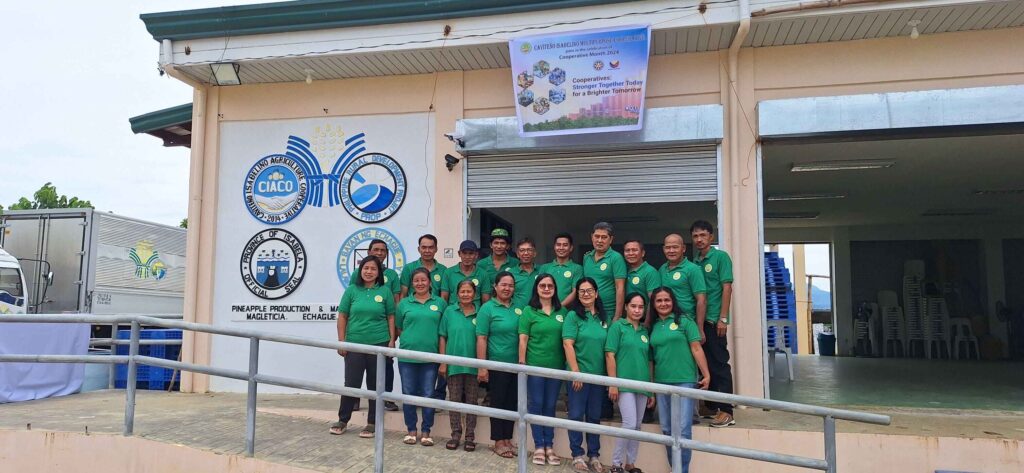
In Echague, Isabela, Caviteño Isabelino Multipurpose Cooperative (CAISA-MPC) tackles issues like pest infestations, climate change, limited market access, poor infrastructure, and lack of capital by expanding its services. With FSSI’s support through training, seminars, and capital loan, the organization was able to strengthen its operations and pursue its vision of focusing on people, planet, and profit. This has helped them grow and sustain initiatives such as pineapple production and processing, a rice mill, agri-machinery rentals, and a processing center, enabling them to better serve their members.
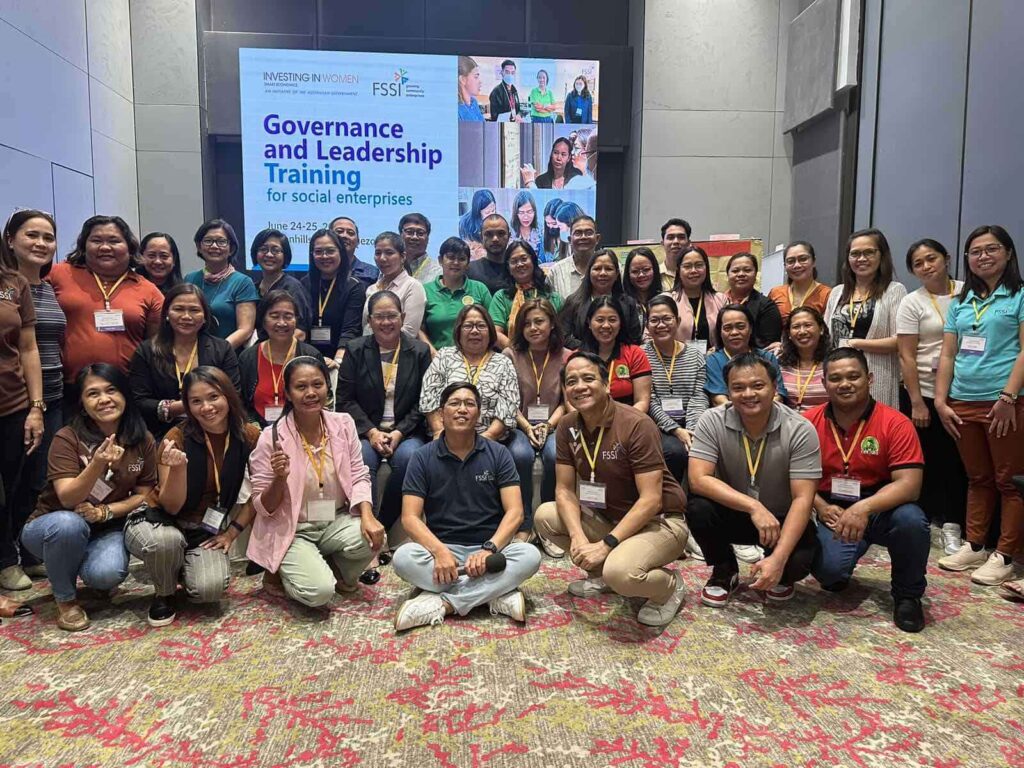
“Through FSSI’s support, we’ve trained our members, provided them easy access to financing, and built a cooperative that uplifts the entire community, and not just farmers,” shared Maria Victoria Anahaw, Chief Executive Officer of CAISA-MPC. “From a credit co-op, we’ve grown into a multipurpose cooperative with 800 members, providing meaningful services beyond lending that truly benefit our members and help improve their quality of life.”
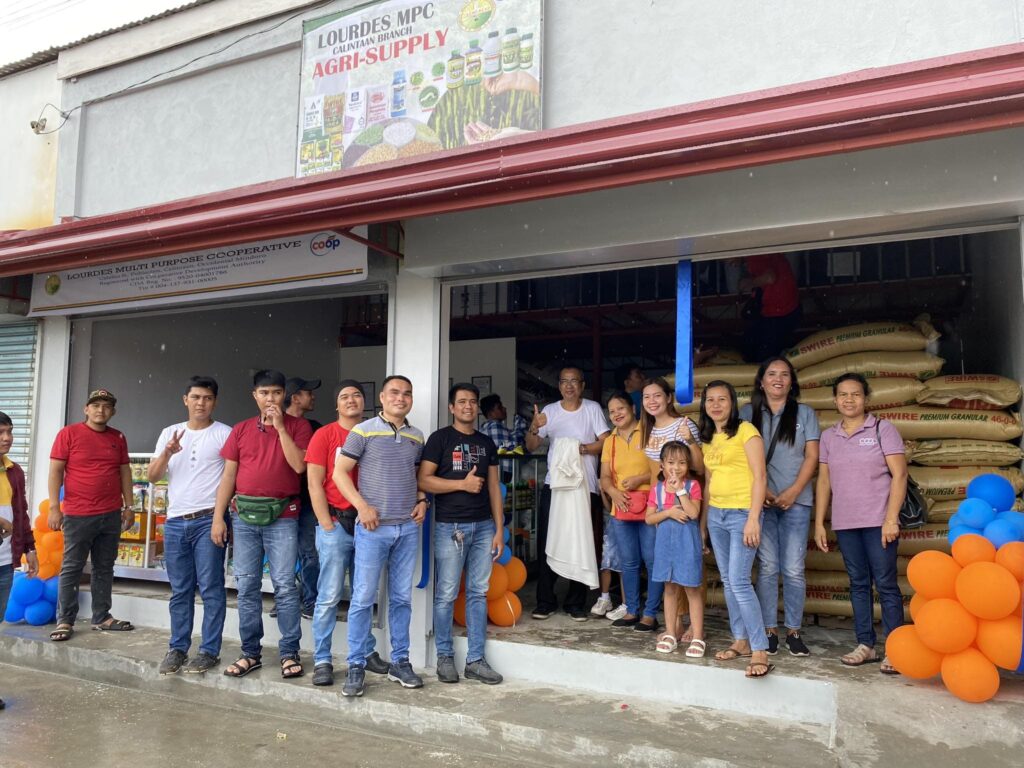
Similarly, Lourdes MPC in Occidental Mindoro addresses challenges like low farmgate prices and high input costs through an FSSI-funded agri-supply store that provides affordable, quality products, along with agri-loans and small business loans to support farmer-members in diversifying their income and growing their livelihoods. “We prioritize products that truly help our members by ensuring quality and safety while listening to their specific needs,” said Jesrryl Maye Obispo Agnas, Officer-in-Charge Branch Manager of Lourdes MPC. “It’s more than a store, it also empowers farmers to take better control of their production.”
In line with FSSI’s commitment to the 3BL, both cooperatives demonstrate how economic growth can go hand-in-hand with environmental responsibility and community well-being. CAISA-MPC, for instance, has adopted sustainable farming practices such as tree and bamboo planting along waterways and eliminating open burning. Lourdes MPC promotes climate-responsive planning and continues to assist members affected by natural calamities through both agricultural support and personal outreach.
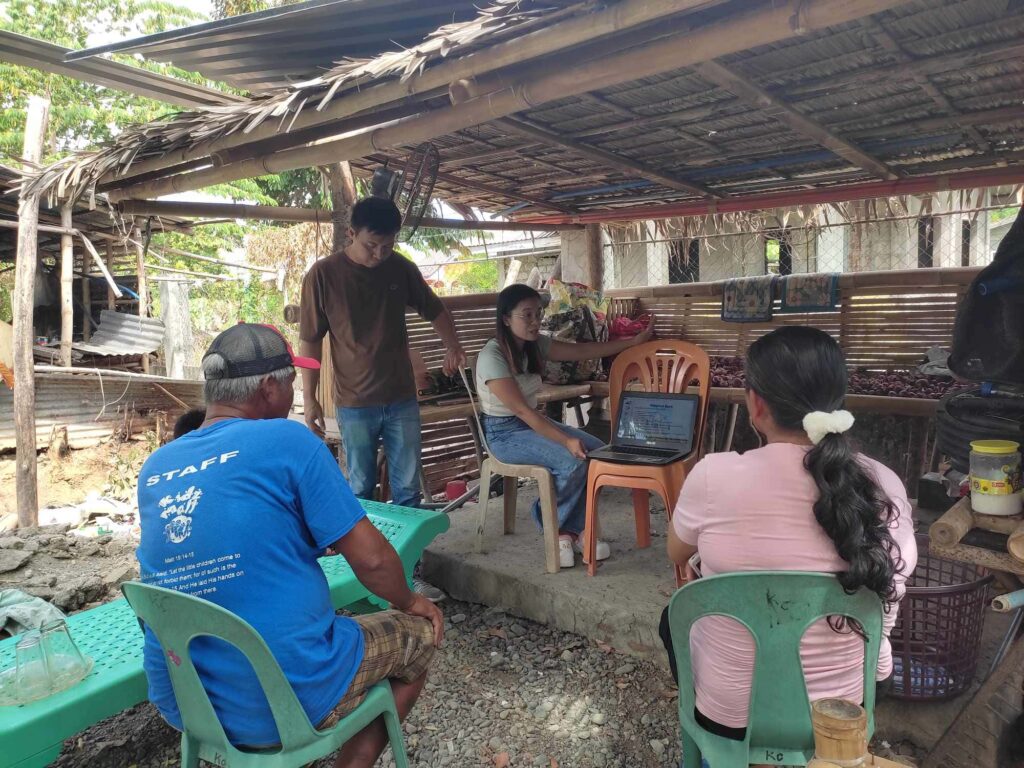
Beyond growing sustainable businesses, these cooperatives are redefining gender roles in agriculture. In a sector long dominated by men, women like Anahaw and Agnas are leading with strength, empathy, and emotional intelligence. Supported by training, experience, and the trust of their communities, they are showing that women are fully capable of leading thriving, impactful enterprises.
“Filipina social entrepreneurs are proving that lasting rural transformation requires empowered leadership that cultivates communities towards sustainable growth,” said Sixto Donato C. Macasaet, Executive Director of FSSI. “To amplify their impact, we commit to invest in what truly sustains them—accessible capital, upgraded technologies, and continuous capacity-building that equips them to lead, innovate, and thrive.”
As rural communities face poverty and systemic barriers, these women-led, FSSI-supported enterprises provide a strong model for inclusive, sustainable development grounded in local leadership and lasting solutions.
To learn more about how FSSI empowers social enterprises and uplifts rural livelihoods, visit fssi.com.ph or follow their Facebook page at www.facebook.com/FSSI.Philippines.



